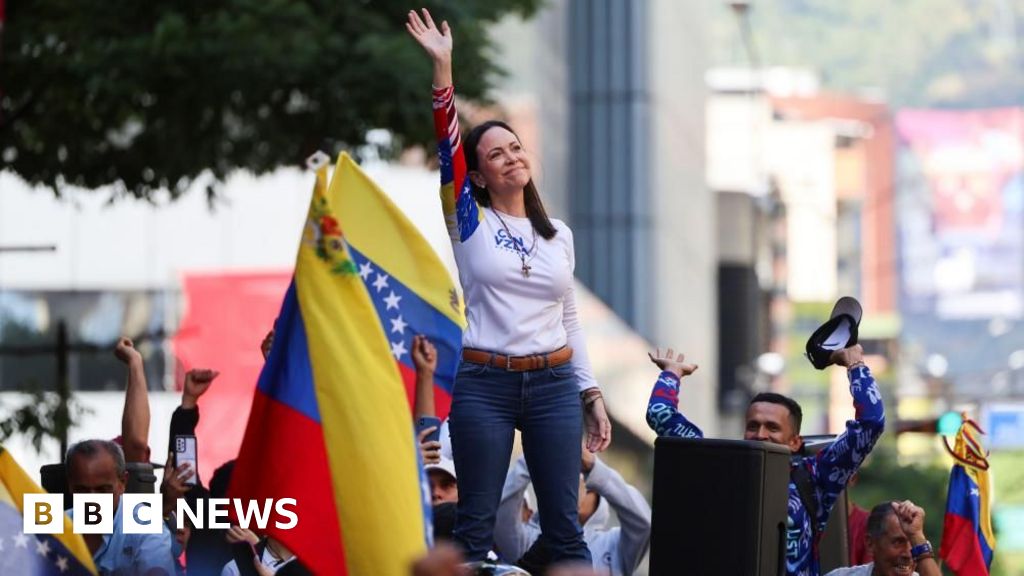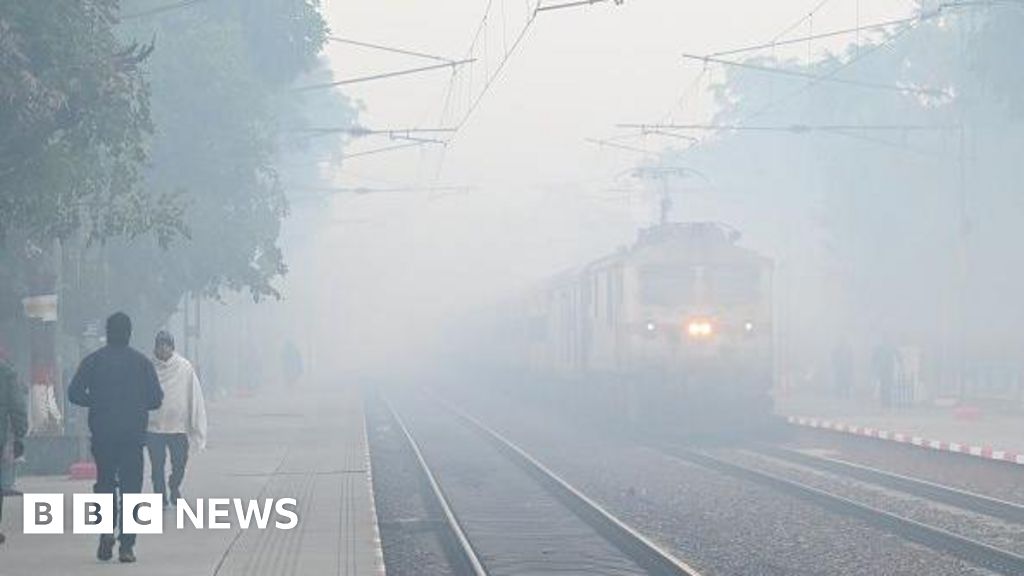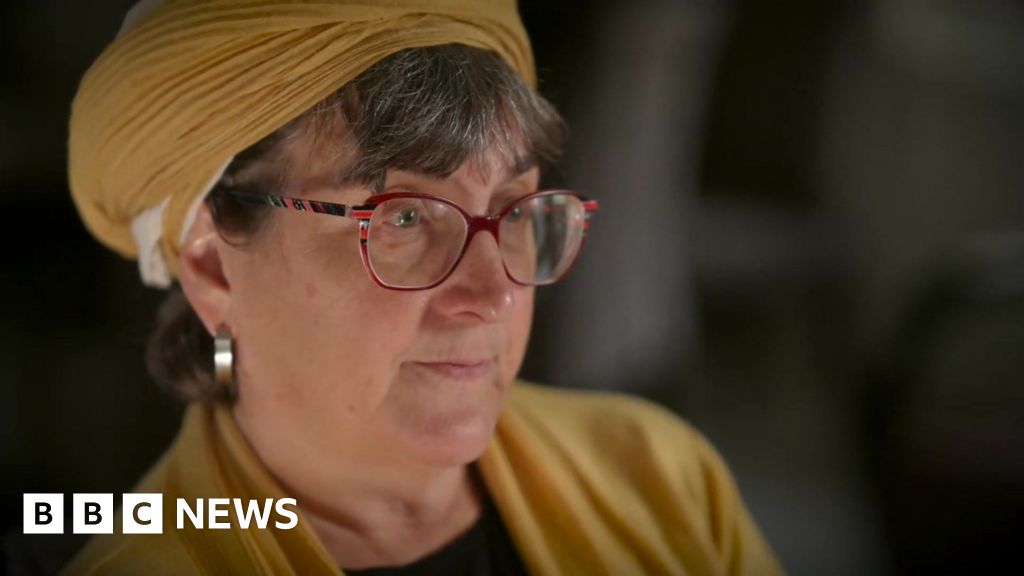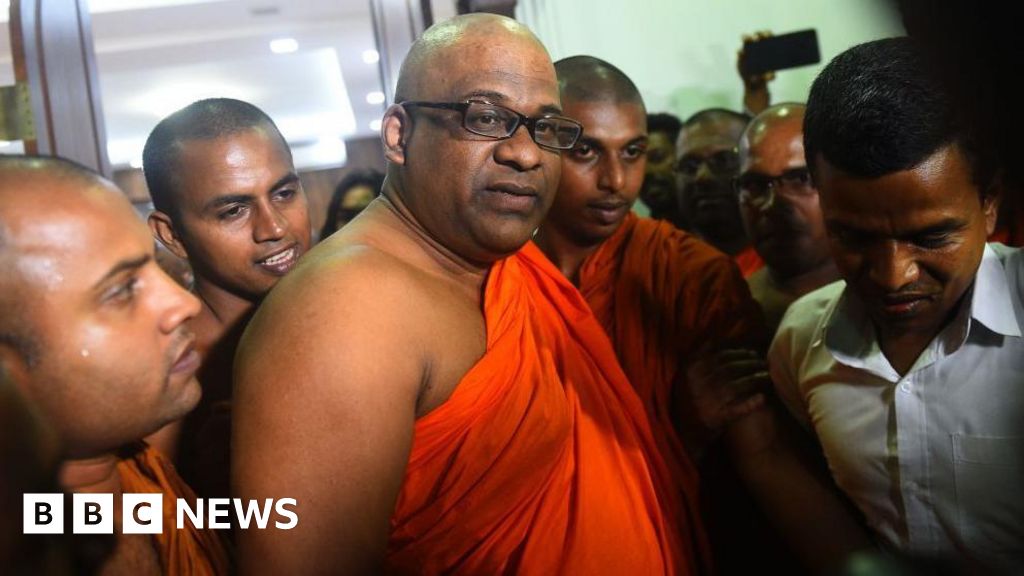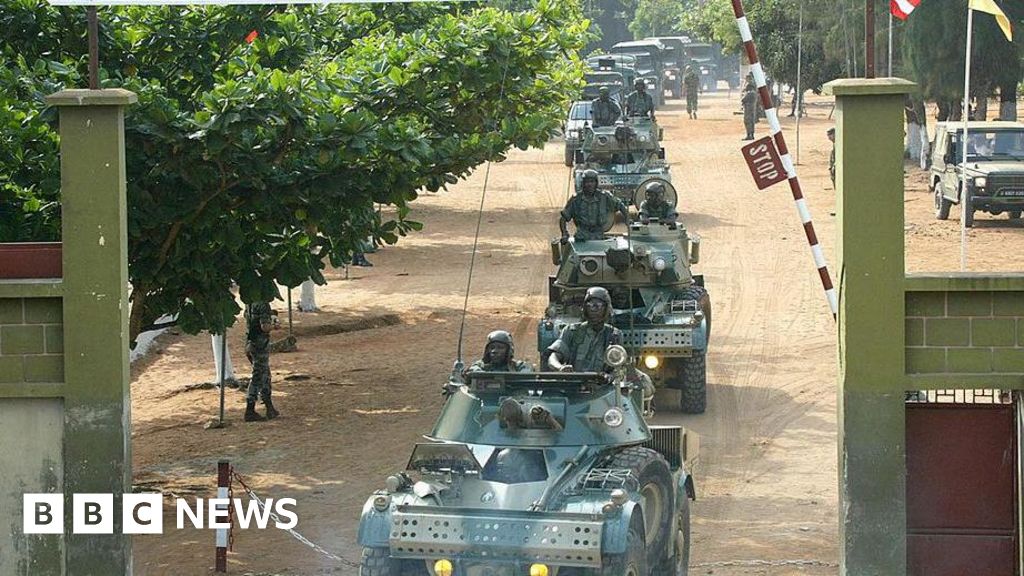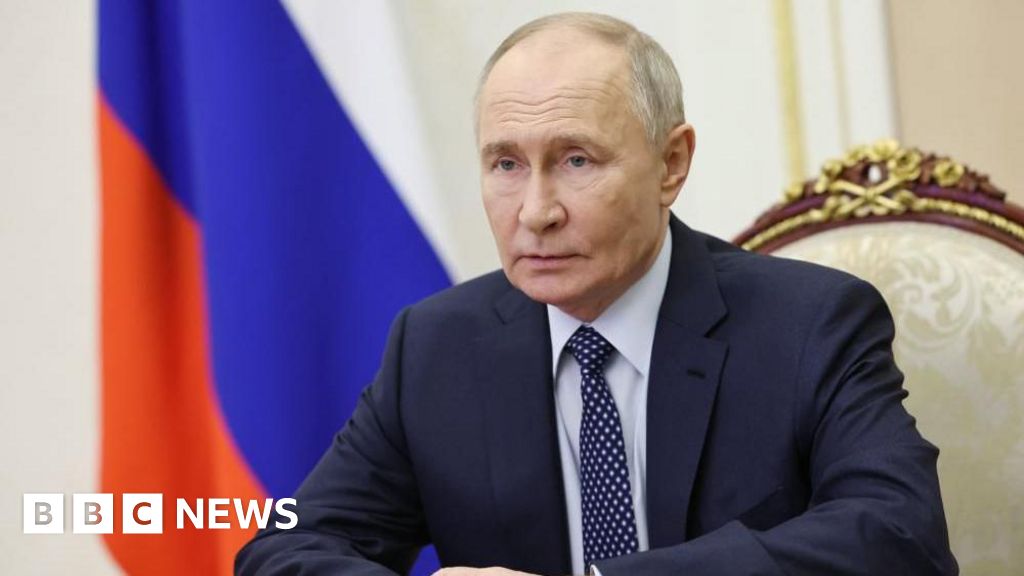The US Supreme Court has rejected Trump's last-minute bid to halt his Friday sentencing in his hush-money criminal case.
The president-elect had urged the top court to consider whether he was entitled to an automatic stay of his sentencing, but the justices rejected the application by 5-4.
Trump was found guilty of falsifying records to disguise reimbursements for a $130,000 hush money payment to adult film star Stormy Daniels as legal expenses in 2016.
Justice Juan Merchan, who is overseeing the case, indicated in a recent ruling that he will not consider a jail term for Trump.
Two of the Supreme Court's conservative justices - John Roberts and Amy Coney Barrett - joined the three liberals in the majority.
Three lower New York courts had rejected Trump's delay attempt before the Supreme Court made a final decision on Thursday evening to let the sentencing proceed as scheduled.
The justices denied Trump's petition because they believed his concerns could be addressed during an appeal.
They also wrote that the burden of attending a sentencing was "insubstantial".
Trump's lawyers had also asked the Supreme Court to consider whether presidents-elect had immunity from criminal prosecution.
Manhattan prosecutors had urged the Supreme Court to reject Trump's petition, arguing there was a "compelling public interest" in holding the sentencing and that there was "no basis for such an intervention".
Following the jury's guilty verdict in May 2024, Trump was initially set to be sentenced in July, but his lawyers successfully persuaded Justice Merchan to delay the sentencing on three separate occasions.
Last week, Justice Merchan declared the sentencing would move forward on 10 January, just days before Trump is sworn in again as president.
The days since have seen a volley of appeals and court filings from Trump's attorneys, trying to stave off the sentencing.
But in swift succession, New York appeals courts rejected the bids.
Finally on Wednesday, Trump's lawyers petitioned the Supreme Court to intervene.
The court should stay the proceedings "to prevent grave injustice and harm to the institution of the Presidency and the operations of the federal government", they wrote.
The bench's 6-3 conservative majority had handed Trump a major victory last year, when they ruled that US presidents had immunity from criminal prosecution for "official acts" undertaken in office.
That decision gutted a federal prosecution against Trump on charges he illegally interfered in the 2020 election outcome, which he denied and pleaded not guilty.
But since his re-election, Trump's lawyers have tried to persuade a series of judges that those presidential immunity protections should also apply to a president-elect in this Manhattan criminal case.
Manhattan prosecutors argued in their own brief to the Supreme Court that Trump's "extraordinary immunity claim is unsupported by any decision from any court".
"It is axiomatic that there is only one President at a time," the prosecutors wrote.
Separately, a group of former public officials and legal scholars filed an amicus brief - effectively a letter of support - to the Supreme Court, asking the justices to reject Trump's "attempt to avoid accountability".

